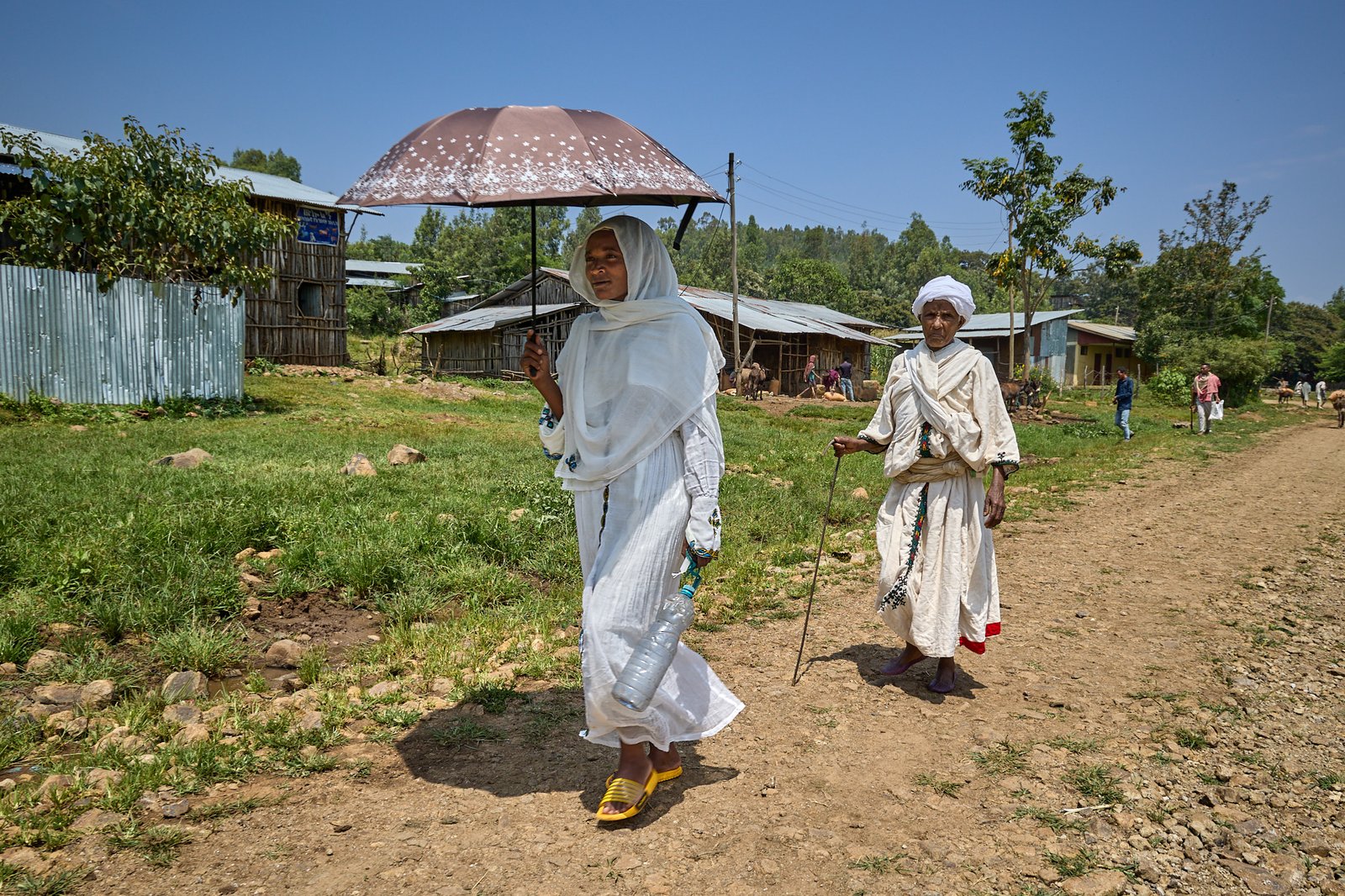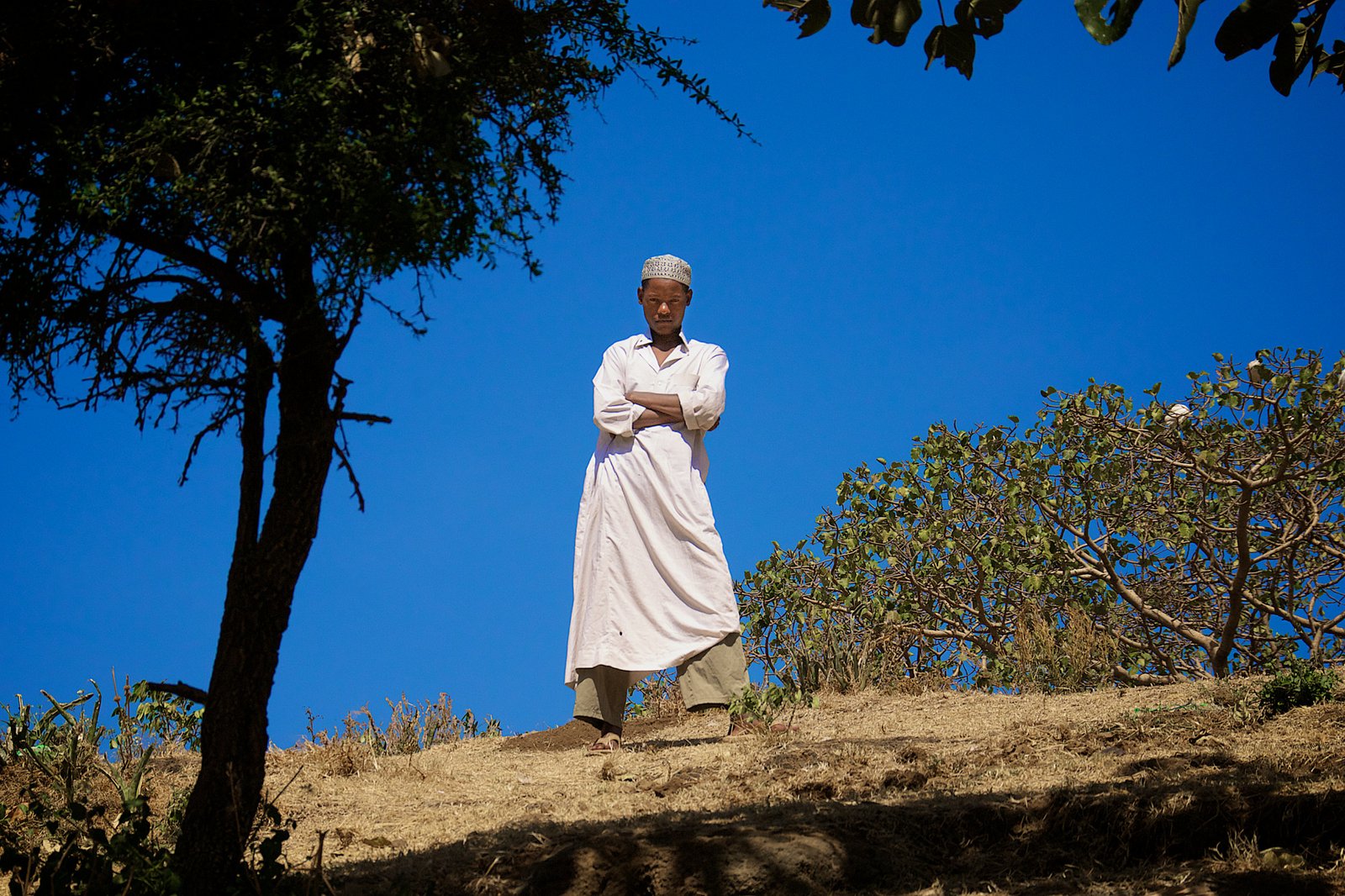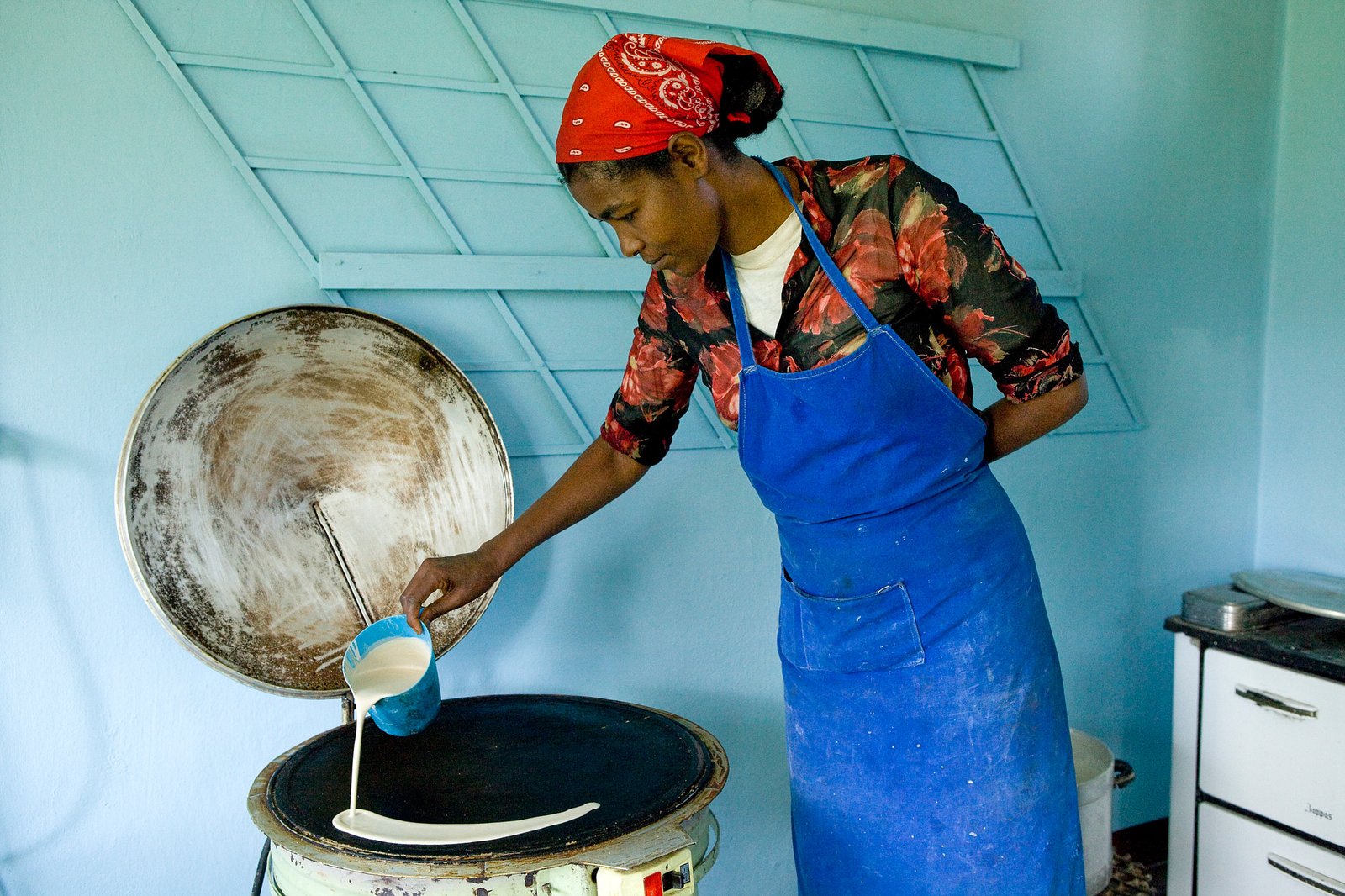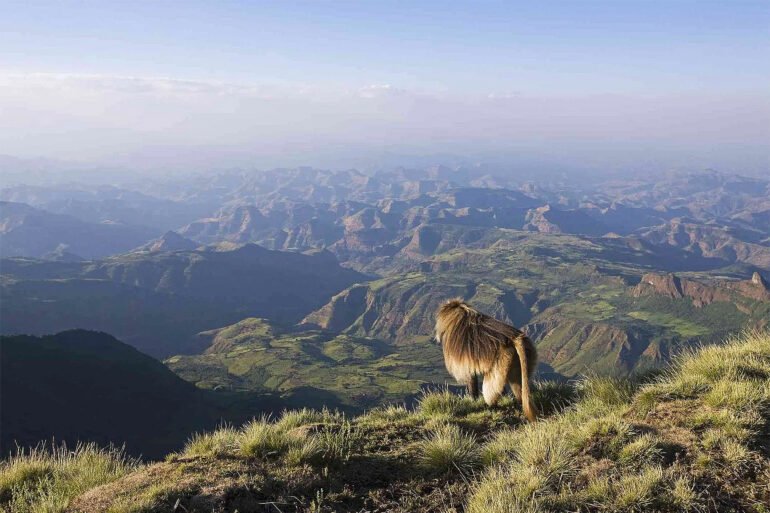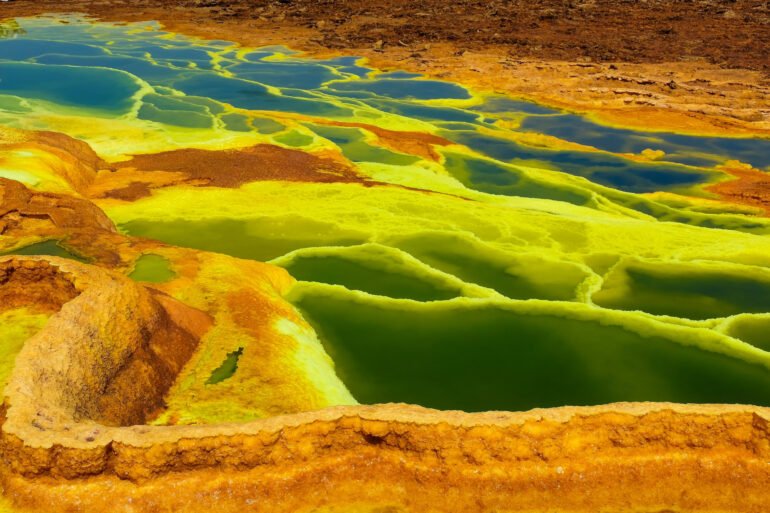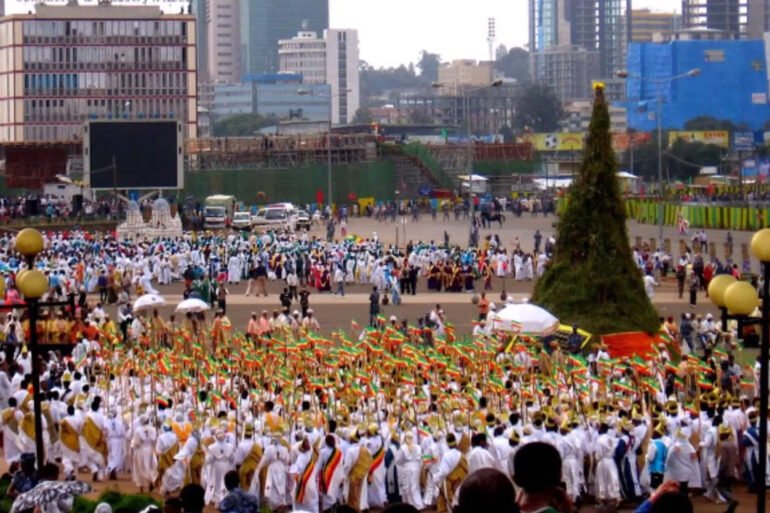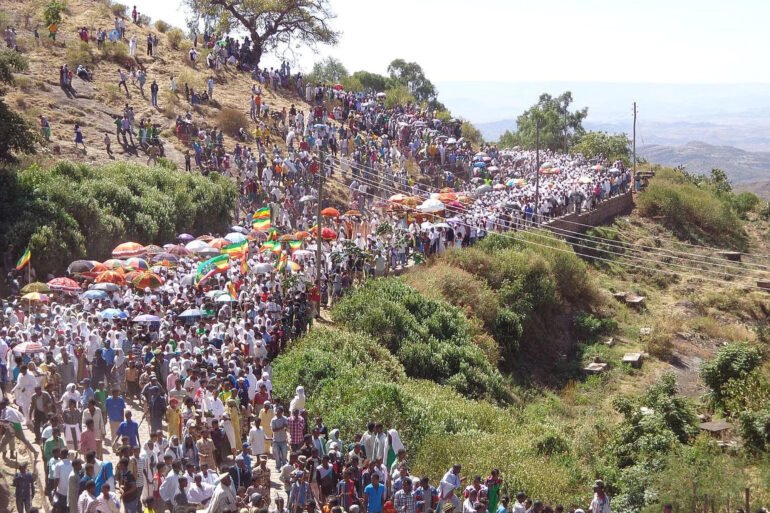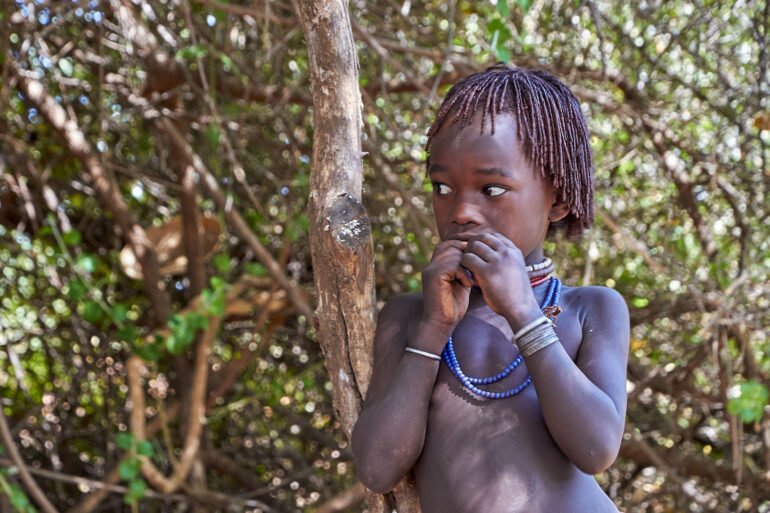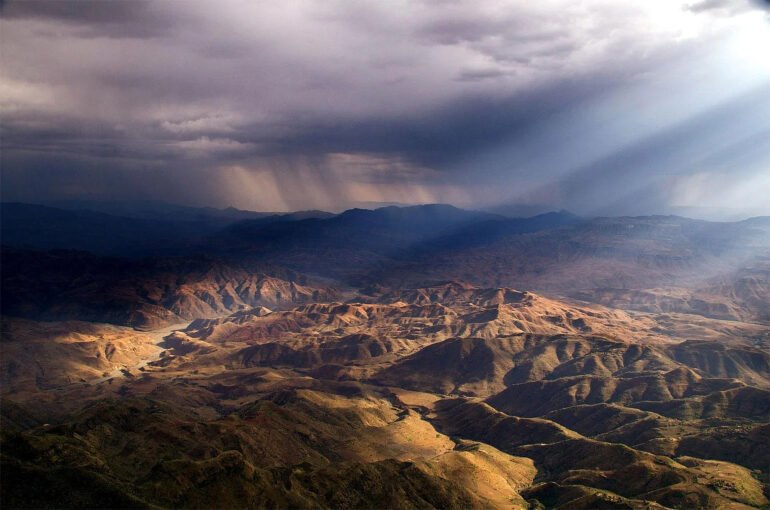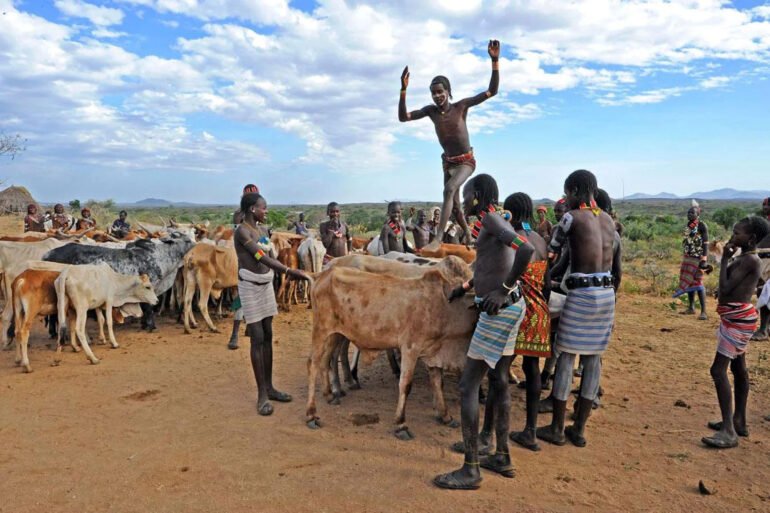
Everything you need for your journey: practical insights, clear guidance, and essential tips to make your Ethiopian adventure smooth, informed, and unforgettable.
Few Tips Before You Go
Calendar
Ethiopia uses a unique calendar based on the Julian system, approximately seven years behind the Gregorian calendar used internationally. It has 13 months: 12 months of 30 days and a short 13th month of 5 or 6 days. Major holidays, including Ethiopian New Year (Enkutatash) and Timkat, follow this traditional calendar.
Climate
Ethiopia’s climate varies greatly due to elevation and geography. The highlands, including Addis Ababa, enjoy mild temperatures year-round, with cool nights. Lowlands like Danakil are hot and dry. We recommend layered clothing—lightweight and breathable for daytime, with warmer clothing for evenings. Rain gear is essential during the rainy season (June-September).
Currency
Ethiopia’s official currency is the Ethiopian Birr (ETB). Currency exchange is available at authorized banks, hotels, and foreign exchange bureaus in major cities. Note: Bringing Ethiopian currency into or out of the country is strictly limited; travelers should plan accordingly and exchange currency upon arrival. Credit card usage is limited, so carry sufficient cash.
Dress Code and Cultural Respect
Electricity
Ethiopia operates on 220 volts, 50Hz AC. Power sockets typically accept European-style two-pin plugs. Visitors from other regions, such as North America or the UK, will require plug adapters or converters. Voltage fluctuations can occur, so bringing a voltage stabilizer or surge protector for sensitive electronics is advisable.
Geography
Ethiopia is a landlocked country located in the Horn of Africa. Dominated by a spectacular highland plateau divided by the Great Rift Valley, it boasts diverse landscapes from rugged mountains to lowland deserts. Altitudes vary dramatically, influencing climates and ecosystems, from lush forests and fertile plains to arid deserts in the east and south.
Health Insurance
Traveling in Ethiopia is enriching, yet healthcare standards vary significantly. Public hospitals often have inadequate facilities, while private clinics, though reliable, are extremely costly. To ensure your safety and peace of mind during your journey, we require all our travelers to have comprehensive health insurance coverage. This protects you against unexpected medical expenses and guarantees access to quality care if needed.
If you encounter any difficulties securing appropriate health insurance coverage, Ayzoh! Ethiopia Tours is here to help. We partner closely with reputable European and U.S. insurance providers to offer you reliable, affordable policies tailored specifically for travel in Ethiopia.
Population & Language
Ethiopia is home to over 120 ethnic groups, each with unique traditions, languages, and cultures. Amharic is the official national language, widely spoken throughout the country. English is commonly spoken in major cities and tourist areas. Additionally, local languages such as Oromo, Tigrinya, Somali, and Afar reflect the nation’s rich cultural diversity.
Safety
Vaccinations
Recommended vaccinations for travel to Ethiopia typically include Yellow Fever, Hepatitis A, Hepatitis B, Typhoid, Meningitis, and routine vaccinations (MMR, Diphtheria-Tetanus-Pertussis, Varicella, Polio). Consult your healthcare provider or travel clinic at least six weeks before departure for personalized medical advice and updates on vaccination requirements.
Visa
Visitors to Ethiopia require a tourist visa, easily obtainable online via the official Ethiopian e-Visa website or upon arrival at Addis Ababa Bole International Airport. We strongly recommend arranging your visa online before travel to simplify entry procedures and minimize waiting times at immigration.



